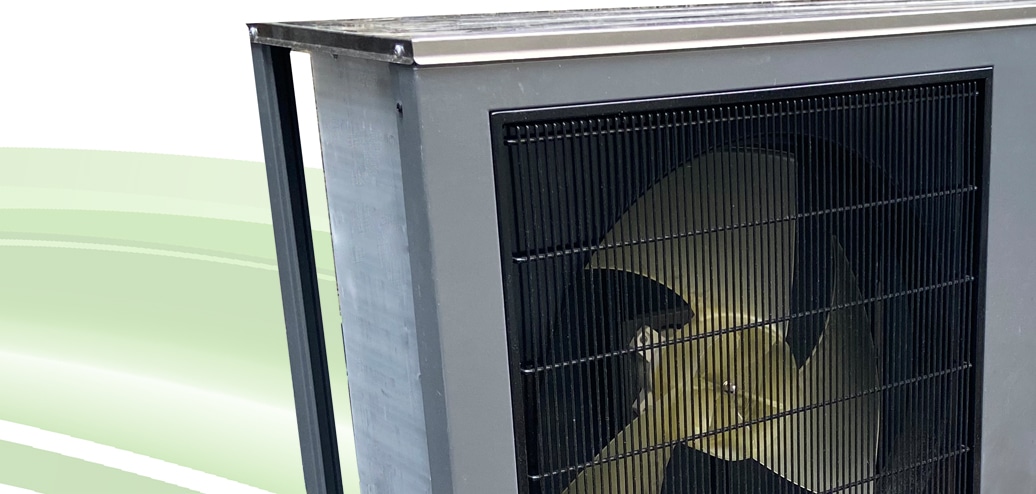With the government strongly advocating the use of heat pumps as a method of delivering net zero targets for commercial properties, we have noticed the trend for broad statements implying that while cutting emissions, heat pumps also reduce the energy costs for a building. It’s just not that simple argues Adveco’s UK sales manager Greg Brushett. So what is the cost of reducing emissions?
We strongly support the advantages of heat pumps as part of an all-electric or hybrid domestic hot water (DHW) system to achieve carbon savings. With DHW equating to as much as 20% of the total energy demand for domestic buildings and anywhere from 10-70% for commercial properties, it is important to clarify how heat pumps are being employed in a building’s system.
With a gas-fired system, you can achieve a safe DHW storage temperature without a significant impact on the overall efficiency but with a heat pump you need to either force the compressor to work very hard, which will reduce the Coefficient of Performance (COP) or, in a lot of cases, use the heat pump to partially heat the hot water and then use an immersion heater – which has a COP of just 1.0 and therefore higher energy costs – to do the remaining work. If you are willing to accept this extra cost, working flow temperatures of 50- 55°C from the heat pump to an electric or hybrid DHW system are more than achievable year-round in the UK, and emissions will be dramatically reduced.
However, broad statements such as “heat pumps reduce costs” or “gas boilers remain more economic to run than heat pumps” are inherently misleading.
A heat pump can supply a properly insulated building’s heating system completely, and if designed well enough, can achieve a COP of 3.0, or slightly more, giving a similar yearly cost (within 10%) to that of a gas-fired heating system This would also be more attainable with the recent change in gas and electricity prices.
The same is not true of a hot water system. Following initial modelling and analysing reports from live systems a hot water hybrid system that achieves 50°C with an overall COP of 2.76 and uses an immersion heater to top up to 60°C has an overall efficiency of 2.4 based on the weighted average. Using these results, the running costs of the system are seen to be significantly higher than a gas system. However, the argument does demonstrate that incorporating heat pumps into an electric-only DHW system shows considerable savings over a COP of 1.0. Partnering this with other technologies such as solar thermal will only increase the benefits.
Benefits or efficiency?
Making the right choice between heat pump or gas depends on what an organisation is intending – whether seeking active emission reduction now, or, if already on gas, securing cost-saving operation until sustainable technology further matures, and costs fall.
Heat pumps can give incredible carbon emission savings for existing buildings, but as a way to reduce energy costs, replacing a gas-fired boiler/water heater with a heat pump doesn’t always add up. Commercial properties have unique demands, especially for DHW, making better application design and installation all the more important when it comes to specifying the right technology. Be wary of claims being made regarding the application of heat pumps, especially for the provision of DHW when it comes to calculating the cost of reducing emissions.
















